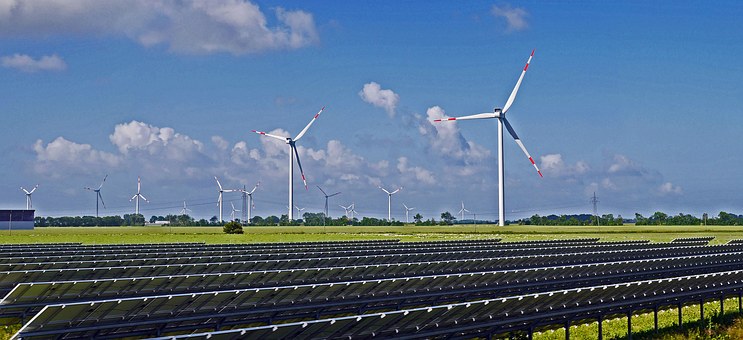Washington’s First Carbon Auction Raised Almost $300 Million

The first auction of greenhouse gas allowances under Washington’s cap-and-invest program generated $299.9 million, according to a March 28 press release from the state’s Department of Ecology. The auction, held on Feb. 28, sold nearly all of the 6.2 million allowances that were offered at a settlement price of $48.50, more than double the floor price of $22.20. The initiative, established by the 2021 Climate Commitment Act, covers about 75 percent of statewide emissions. The program is a key component of the state’s efforts to achieve emission limits set in law and progress toward net-zero carbon emissions by 2050.
Further, the department is examining the possibility of connecting the state’s economywide program with similar carbon reduction programs in California and Québec. Linkage with other jurisdictions would facilitate a single market with a larger pool of participants, potentially increasing the stability of the emissions market and lowering carbon prices.
The latest California-Quebec auction saw an uptick in auction prices, rising by about 3.9 percent from the previous auction. The state’s climate change scoping plan, approved in December, provides opportunities to strengthen the program. The California Air Resources Board (CARB) plans to initiate a public process to utilize the modeling results from the scoping plan to evaluate and propose changes to the program design to support an increased ambition for 2030 while retaining the ability to scale as other factors, such as non cap-and-trade initiatives, impact emissions.
Among other related developments, New York has announced an economywide cap-and-invest program aimed to facilitate investments that drive emissions reductions in an equitable manner, prioritizing disadvantaged communities and limiting costs of vulnerable households. he state is already a part of the Regional Greenhouse Gas Initiative, or RGGI, the nation’s first market-based program to cut power sector emissions. Members of RGGI are discussing the third review of the program to examine design elements such as emissions cap trajectory, environmental justice, and equity considerations. Since its inception in 2005, RGGI has helped reduce power sector emissions by more than half and raised about $5.9 billion in auction proceeds for investment in clean energy. However, in Virginia, a RGGI member, the state’s Air Pollution Control Board is considering a proposal to withdraw the state from the program and Pennsylvania’s efforts to participate in the RGGI carbon market are tangled in legal challenges.
EnerKnol Pulses like this one are powered by the EnerKnol Platform—the first comprehensive database for real-time energy policy tracking. Sign up for a free trial below for access to key regulatory data and deep industry insights across the energy spectrum.
ACCESS FREE TRIAL